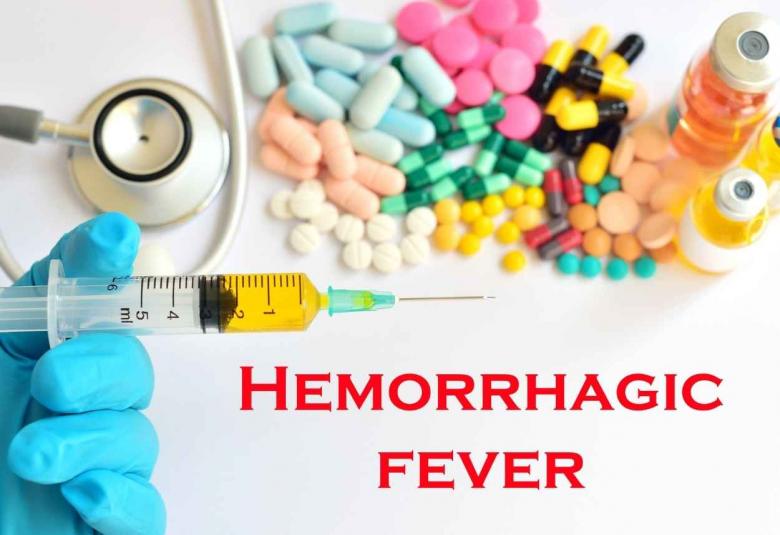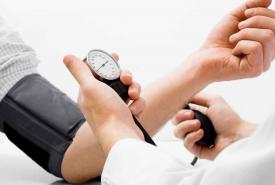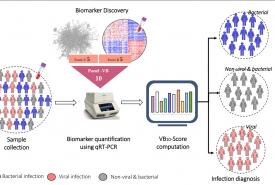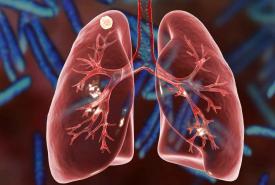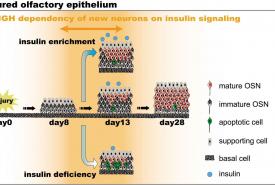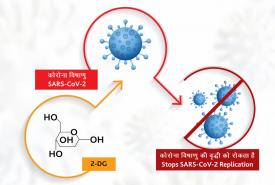New therapy for crimean congo hemorrhagic fever developed by researchers
Army scientists working as part of an international consortium have developed and tested an antibody-based therapy to treat Crimean-Congo hemorrhagic fever virus (CCHFV), which is carried by ticks and kills up to 60 percent of those infected. Their results are published online today in the journal Cell.


